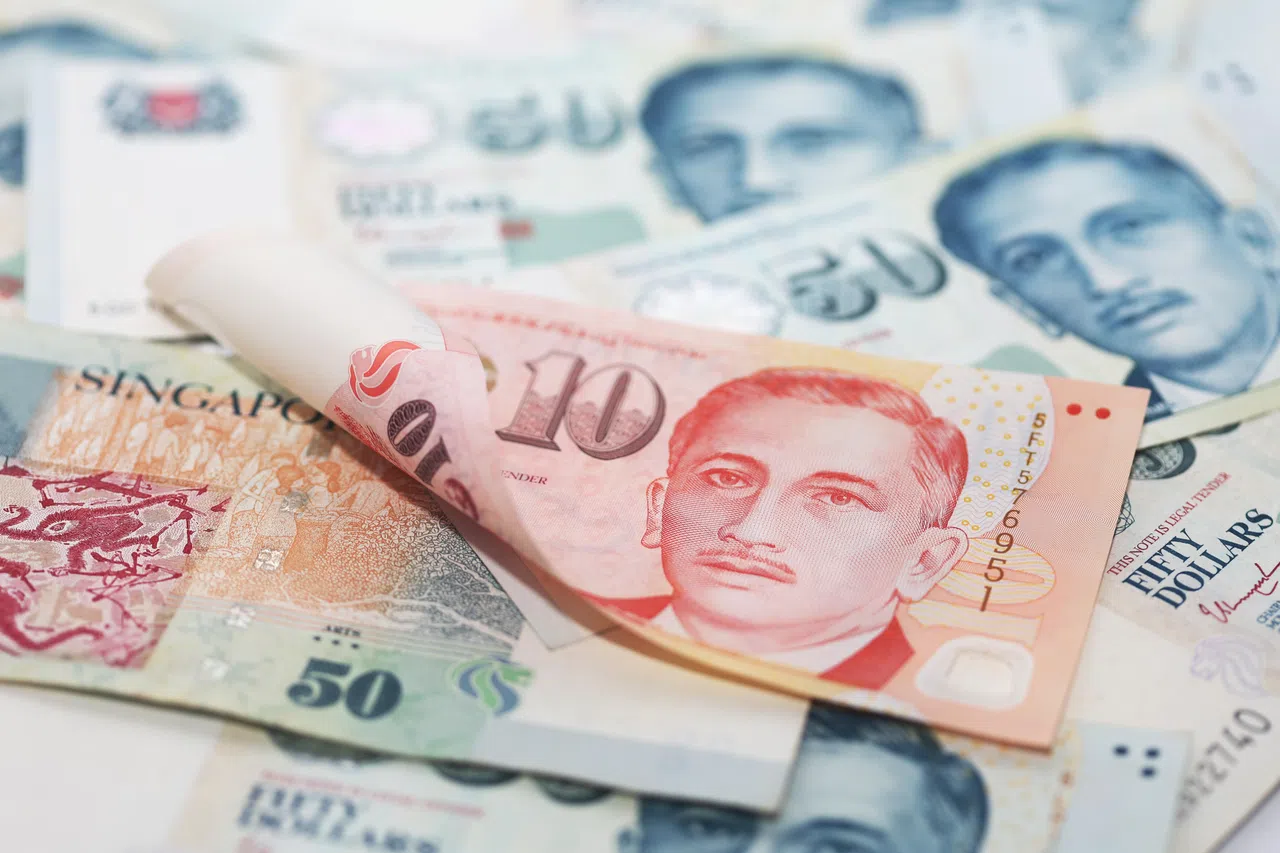Cut-off yield on latest Singapore 1-year T-bill inches up to 2.95% – The Business Times
SINGAPORE’S latest one-year tranche of Treasury bills (T-bills) is offering a cut-off yield of 2.95 per cent, auction results released by the Monetary Authority of Singapore indicated on Thursday (Jan 23).
This is up 0.24 percentage point from the 2.71 per cent offered in the auction for the previous one-year tranche in October last year.
Eugene Leow, head of fixed income research at DBS, said that T-bill rates are no longer declining as the prospect of imminent rate cuts by the US Federal Reserve gets pushed back amid firm US data.
“We suspect that investors have a certain hurdle rate for investing in T-bills that is around 3 per cent.”
The latest auction received a total of S$10.1 billion in applications for the S$5.4 billion on offer, representing a bid-to-cover ratio of 1.87.
In comparison, the previous auction received S$14.7 billion in applications for the S$5.2 billion on offer.
BT in your inbox
Start and end each day with the latest news stories and analyses delivered straight to your inbox.
Colin Low, portfolio manager of the global fixed income team at Bondsupermart, noted that the bid-to-cover ratio has trended down for three consecutive auctions, reflecting weaker demand for the one-year T-bill.
He said that the rise in cut-off yield is, however, “in line with the upshift in global treasury yields over the past few months”.
The median yield in the latest auction was 2.83 per cent, up from 2.6 per cent in the previous auction.
The average yield increased to 2.72 per cent, from 2.47 per cent previously.
Non-competitive bids totalled S$691.5 million and were fully allotted.
About 64 per cent of competitive applications at the cut-off yield were allotted. Those who specified a lower yield were fully allotted; those who specified a higher yield were not.
With a slower pace of rate cuts by the Fed projected for this year, Low expects yields for six-month and one-year T-bills to remain anchored, “with less room to moderate lower”.
Concurring, Cheong Wei Ming, fixed income portfolio manager at Eastspring Investments, said: “Over the near term, short-end rates are likely to consolidate around current levels until US policy becomes clearer.”
On the other hand, Joyce Chng, a client adviser at wealth advisory company Providend, pointed out that T-bill yields could come under upward pressure.
She said that US President Donald Trump’s plans to increase tariffs on imported goods could worsen inflation in the country, and prompt the US central bank to resume rate hikes to control inflation, resulting in higher yields in the country. Consequently, Singapore T-bill yields could rise to remain competitive.

